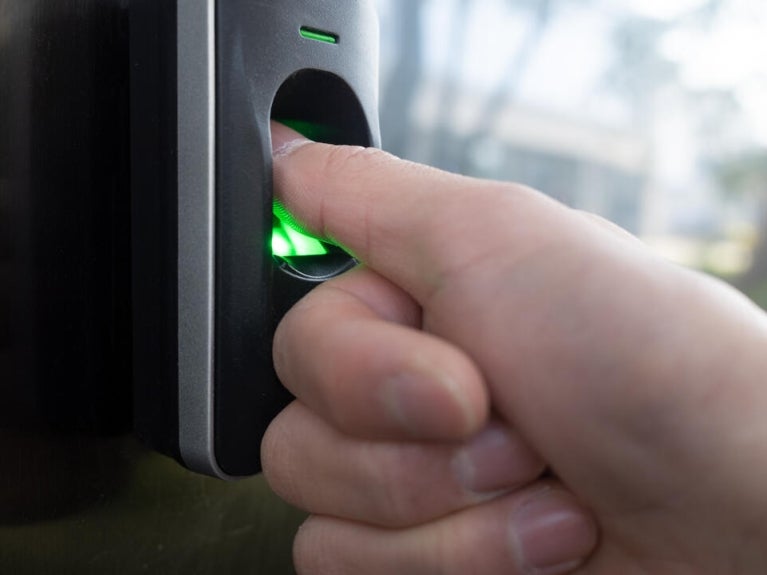The Use of Human Biospecimens for Research

This discussion presents many of the ethical, legal, and financial issues that underlie the contemporary regulatory framework for research with human biospecimens. Some considerations, such as claims of donor control over their biospecimens, could potentially constrain researchers' freedom of action. We first consider concepts underlying consent to donate biospecimens for research. A requirement to obtain consent for donation of a biospecimen could conceptually be based upon the autonomy of the donor, or on property rights of the donor, or a combination of both concepts. If these concepts affect how consent is implemented, it could have significant downstream consequences for research and researchers. We present elements of the revision of the common rule that affect the use of human biospecimens including the current consent regulations based on transparency and autonomy, and the distinction between consent for, and ownership of, biospecimens. One of the major judicial opinions that denied property rights for biospecimens is described together with some implications for the research community of attributing ownership of biospecimens to their donors. We then consider transactional aspects of biospecimen donation. Considering biospecimens as a negotiable commodity presents both constraints and opportunities for donors and researchers. Compensation for biospecimens can be negotiated under contract law. Allowing donor control of the secondary research use of deidentified biospecimens could have an inhibiting effect on research. If donors possessed such control, even deidentification would not necessarily eliminate their ability to influence future research. Accordingly, new models of biospecimen donation are appearing in which the research community will have a substantial interest.
